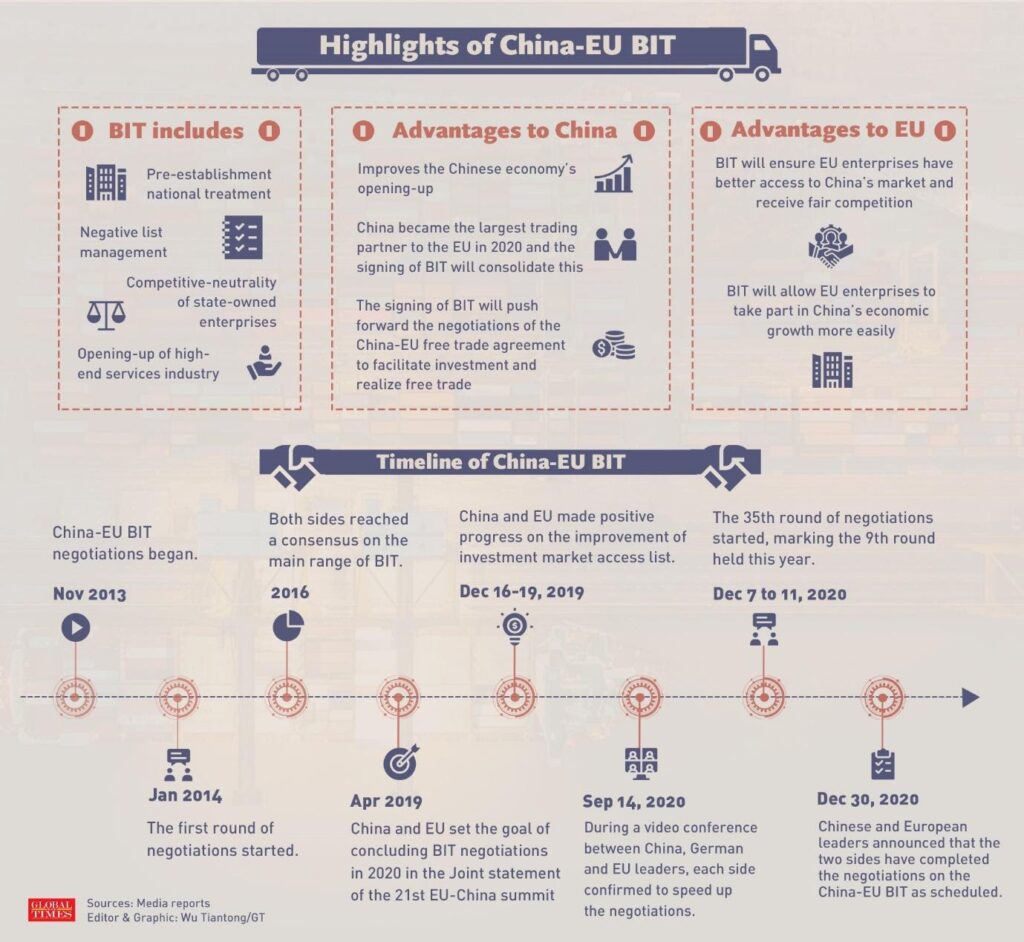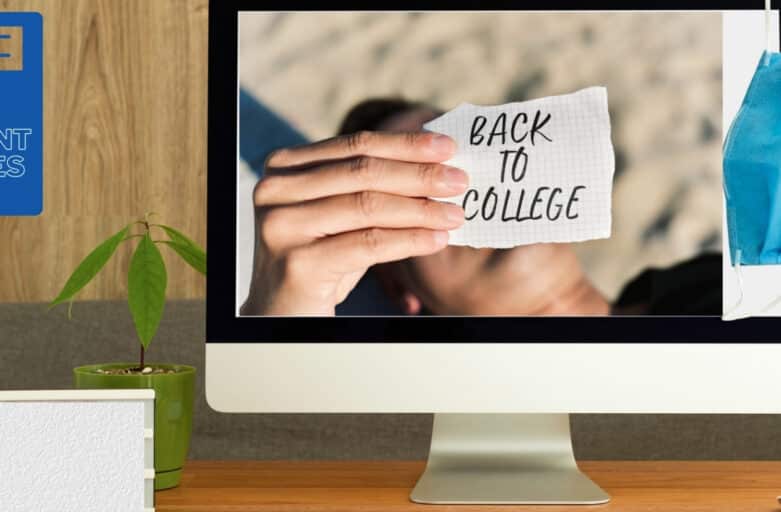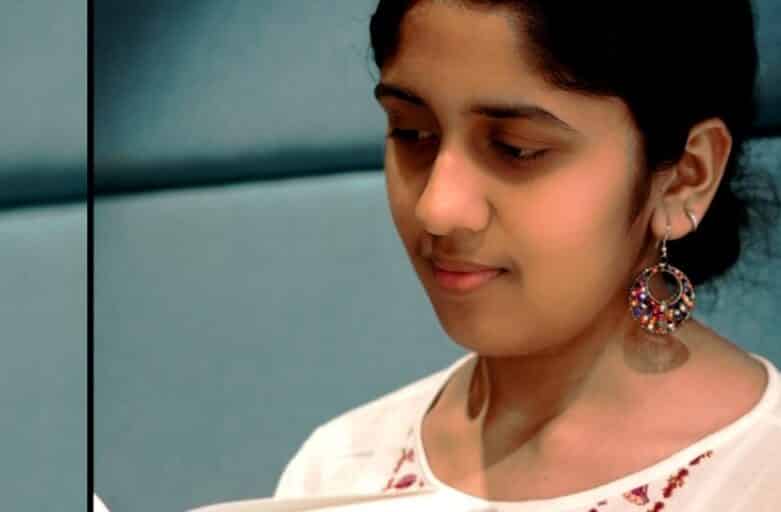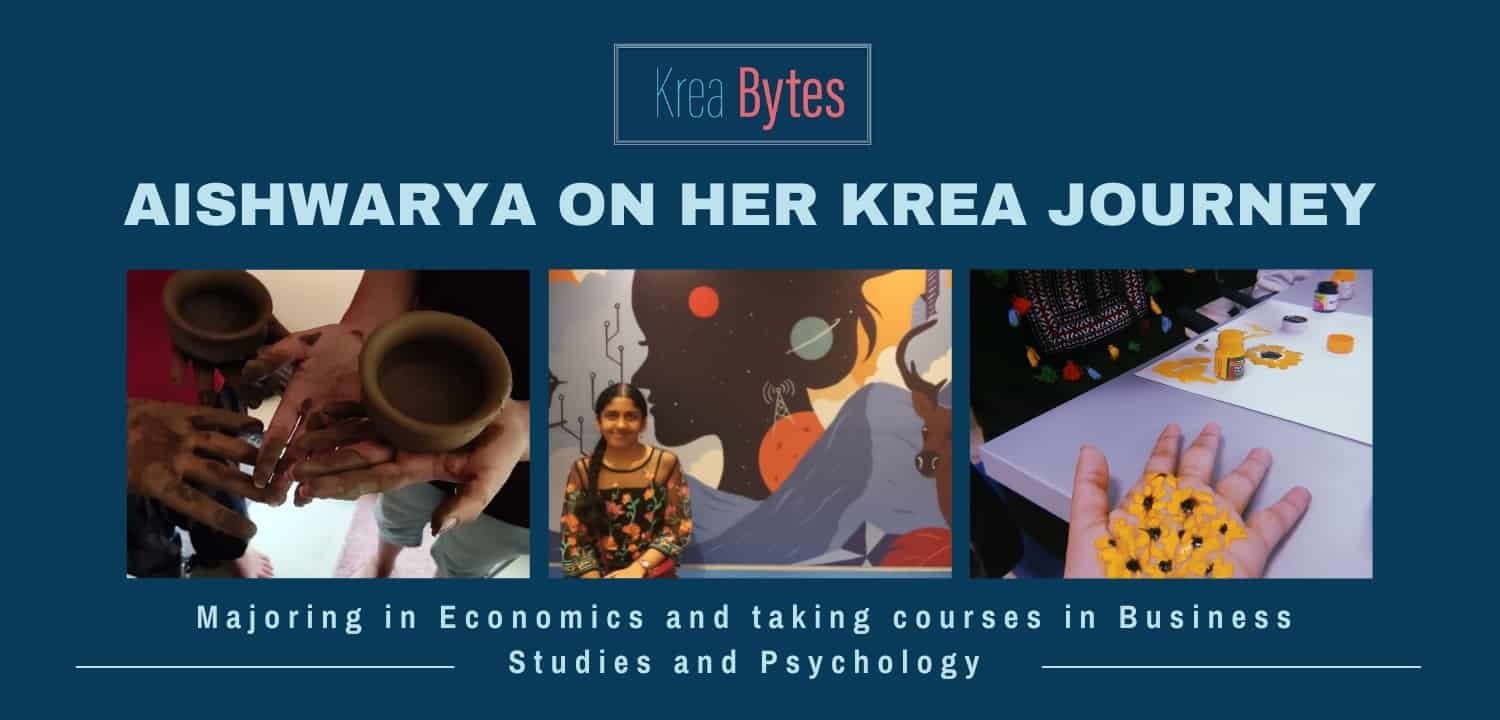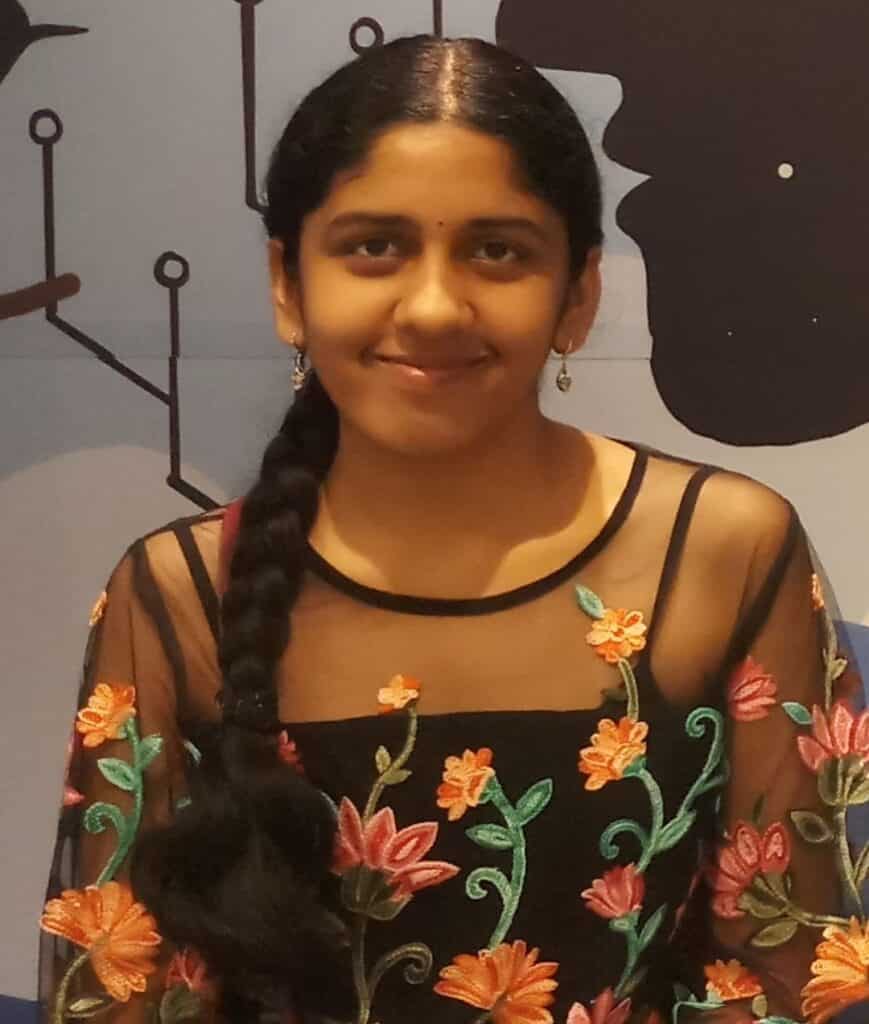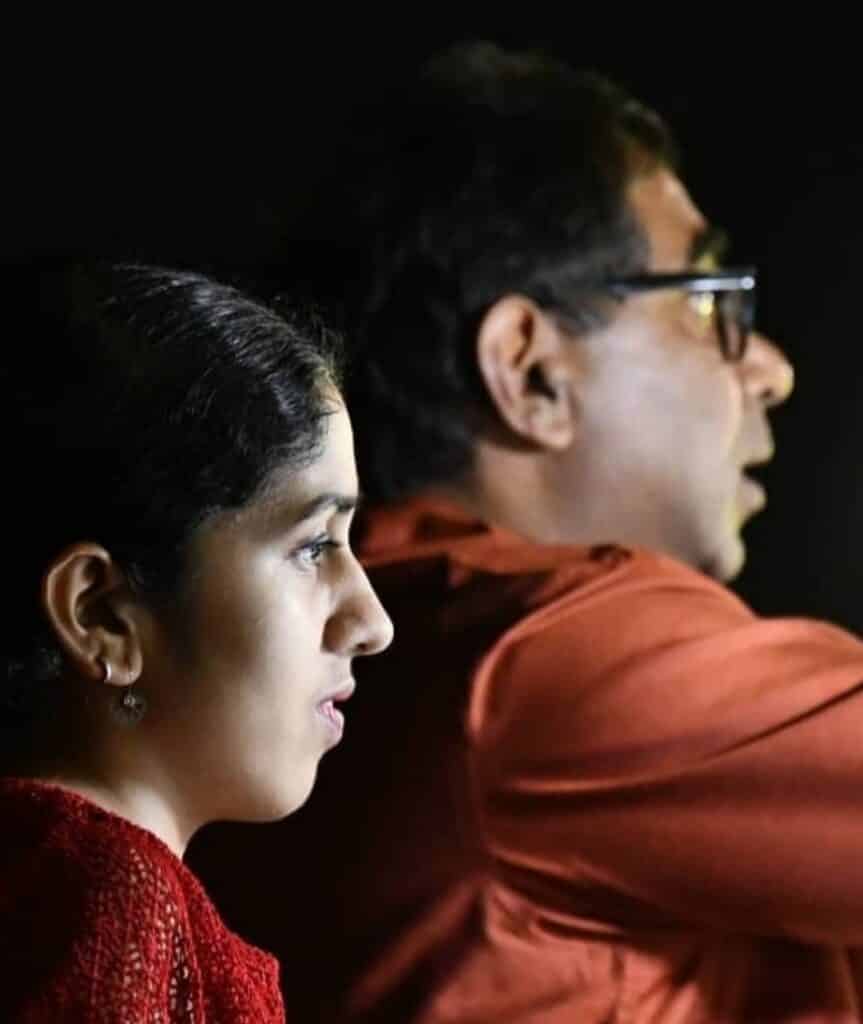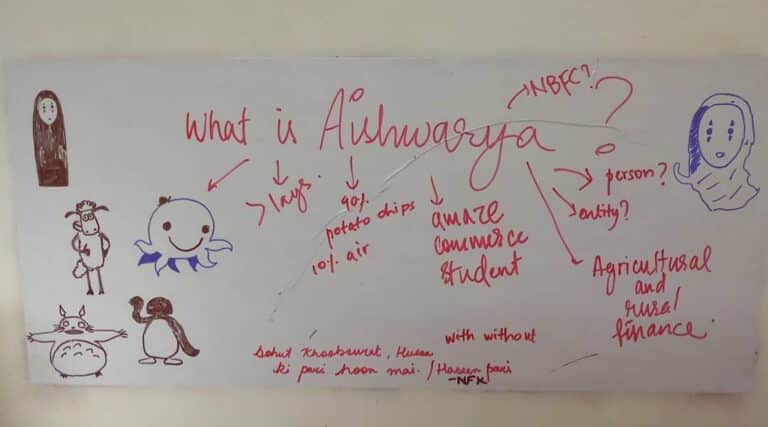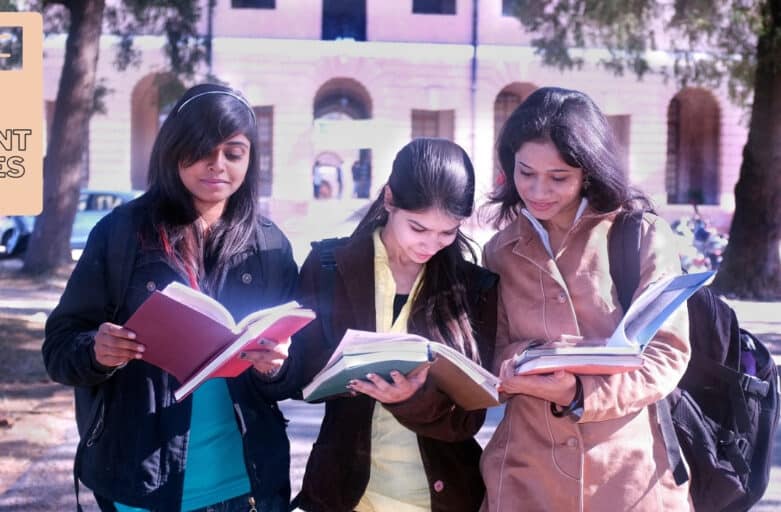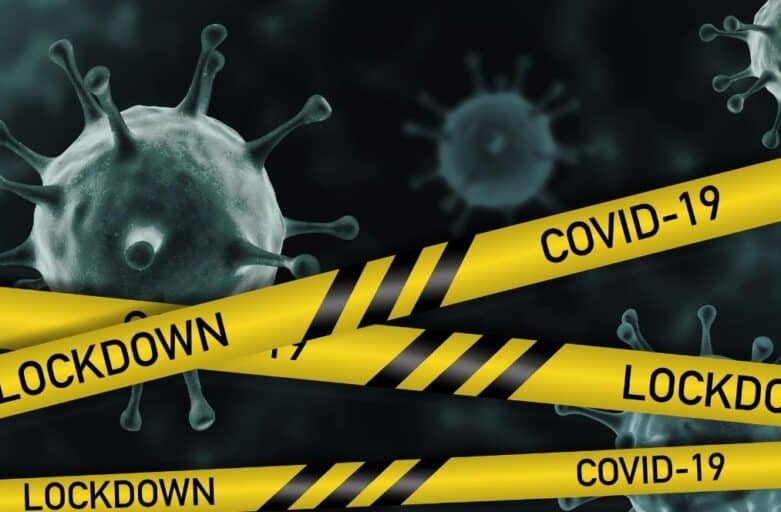April is here, and the temperatures are soaring, summer has announced its arrival. As first of our series in offering the Krea community with simple and actionable tips to sail through the summer, we bring to you five commandments from holistic nutritionist,author, and entrepreneur Shiny Surendran.
This summer especially have been predicted to be intense and taking care of yourself would be important.One good note about this season is we never run out of Vitamin D levels. You might be worried that tanning might be there if you try to get the dose of vitamin D naturally but, to prevent that, you can get the daily dose from the early morning sun. Few of the other tips to manage this burning summer are as follows.
1. Hydrate, hydrate, hydrate
Hydration is very essential because due to rise in temperature and humidity, you might be losing a lot of water and electrolytes through sweat. To restore the amount of water lost through sweat, you need to step up your hydration level between 3 to 5 litres. If you are involved in any kind of sports, then your requirements increase furthermore. If you don’t rehydrate yourself, then chances of dehydration symptoms such as poor concentration, lightheadedness, urinary infections, fatigue, and much more can be experienced. The requirements for water can also be met by consuming alternatives such as tender coconut water, fresh fruit juices, diluted buttermilk, rasam, or any infused water.
2. Eating lighter foods
Summer season can directly influence the gut. Your body tries to cope the summer by increasing the blood flow which maintains the body temperature. This results in increased blood flow to the intestine as well results in a lot of gastrointestinal discomforts. So, to prevent this. knowing what you should eat is very essential. Avoiding foods that can cause bloating such as foods rich in sugars, dairy and its by-products including cheese and paneer, and any foods with gluten content and improving the consumption of rice, vegetables, fruits, whole meals, legumes can help in reducing the discomfort.
3. Including plenty of vegetables
As the risk of dehydration, indigestion and deficiencies for vitamins and minerals increases during summers, eating a variety of vegetables plays a key role. Vegetables not only provide you with essential vitamins and minerals but also helps in meeting your overall fluid requirements as well with the hydration that it has. For example, keerai is a super food as it can give your body with enough iron and folate in addition to helping in hydration.
4. Including seasonal fruits
Eating fresh, seasonal fruits are essential as you will be able to enjoy them only during the fruit bearing season. Fruits such as mango, ice-apple, watermelon, kiwi, guava, muskmelon etc can help you to get high amounts of vitamins, mineral and hydration. They not only help in meeting the bodily requirements but also helps to keep your body cool thereby preventing any heat boils from appearing.
5. Snack smart and avoid unhealthy fats
As the digestive system is very sensitive during this period, choosing healthy snacks like seasonal fruits, fresh fruit juices, makhana, popcorn (without any toppings), nuts, drinking nut milk such as almond milk or soymilk or coconut milk, etc will have a positive effect. Unhealthy snacking such as deep fried and fatty foods can impact your body in a negative way leading to frequent bowel opening and discomfort, bloating, nausea thereby affecting your daily routine and quality of life. Summer season is a season for a variety of fruits and vegetables. Eating the seasonal foods can itself serve the highest benefits for your body. Additionally, taking frequent oil baths, maintaining hygiene, maintain lifestyle by keeping yourself active, sleeping on time and waking up for an early sunshine can all help you to have a good quality of life, improve concentration and have good energy levels overall.
Eat fit and stay healthy.
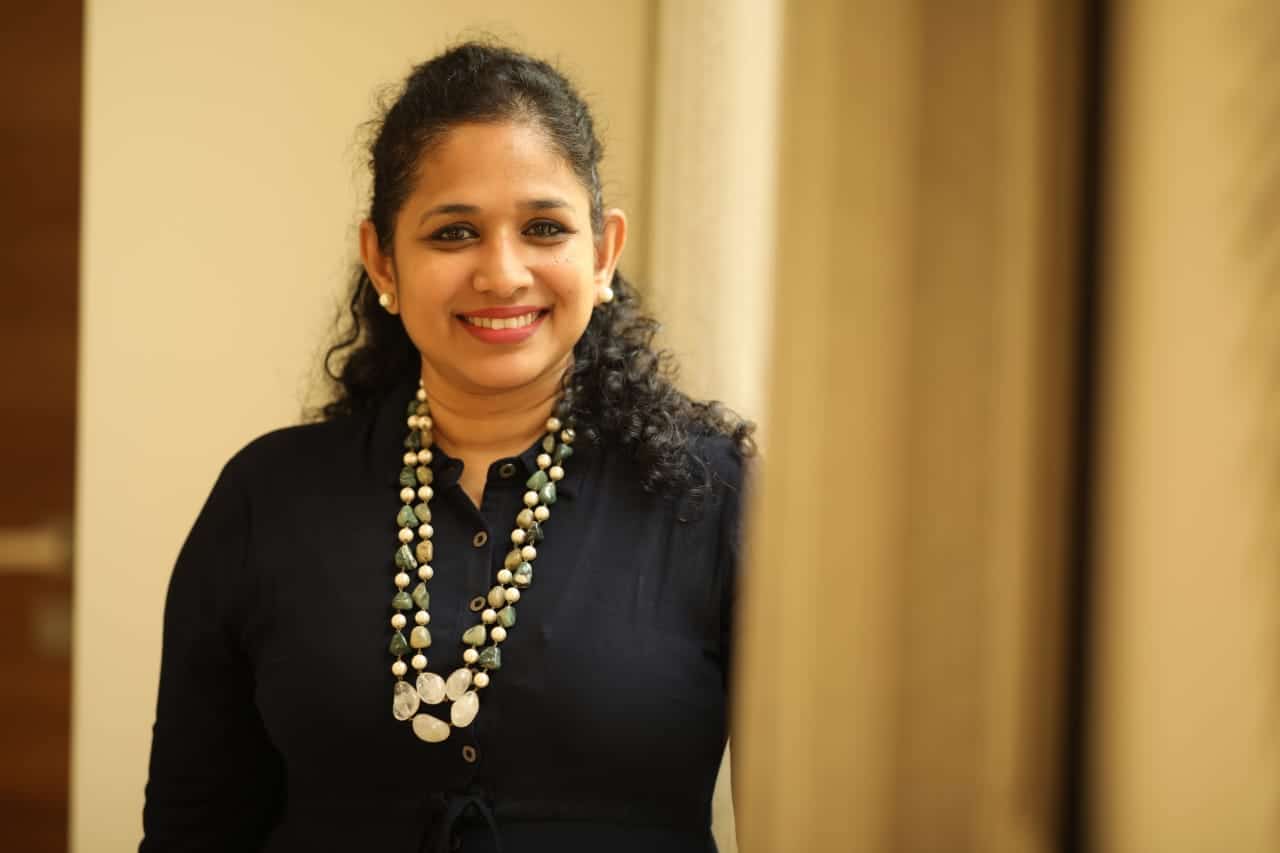
About Shiny Surendran
Shiny is an internationally acclaimed sports nutritionist and is the first Indian to be certified with Graduate Diploma in Sports Nutrition by International Olympic Committee. She is a certified Level 2- Kinanthropometrist from ISAK New Zealand and also an accredited Sports Dietitian from Sports Dietitian Association – Australia. With her profound knowledge in the field of sports nutrition, she has helped 100s of athletes globally, both elite players who have participated in top International Championships as well as young budding athletes, optimize their athletic performance. With her specialisations in sports nutrition, preventive nutrition, Kinanthropometry and Nutrigenomics has helped high profile athletes, celebrities from film industry and several individuals deal with a wide range of nutrition related health problems including competitive athletes and recreational athletes obesity, PCOS, diabetes, cardio-vascular disease, digestive disorders, infertility, food allergies etc.

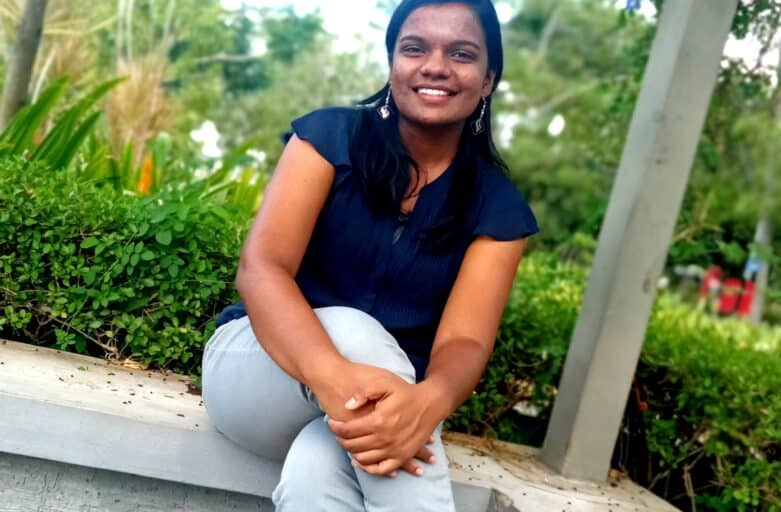
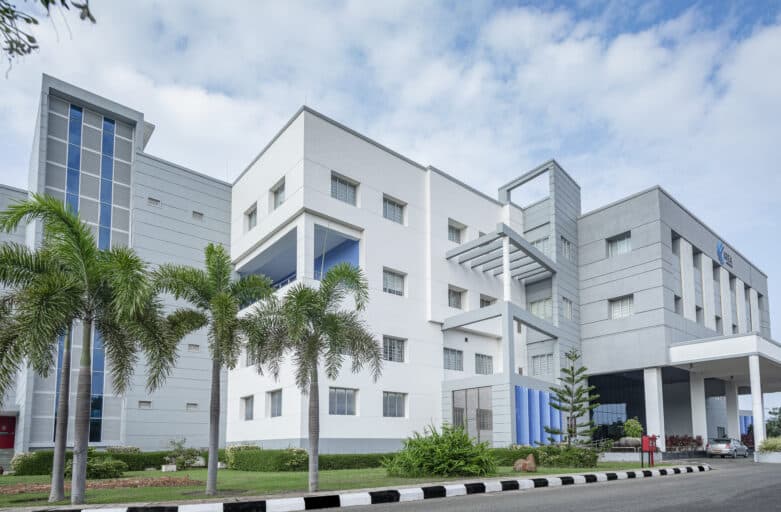
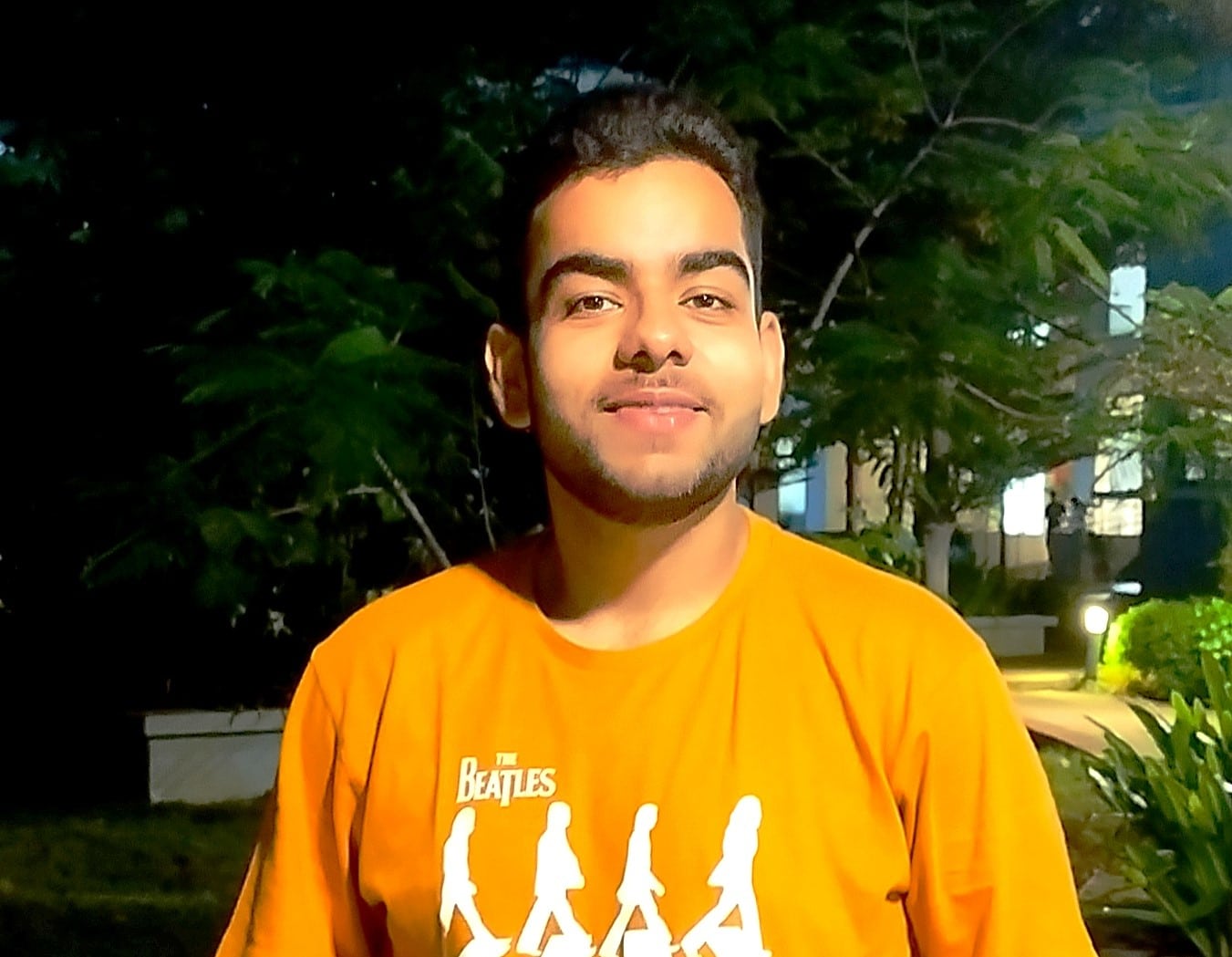
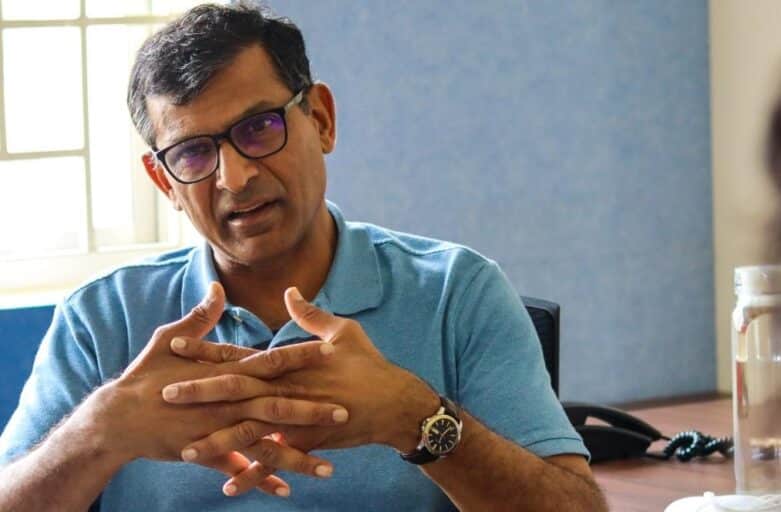
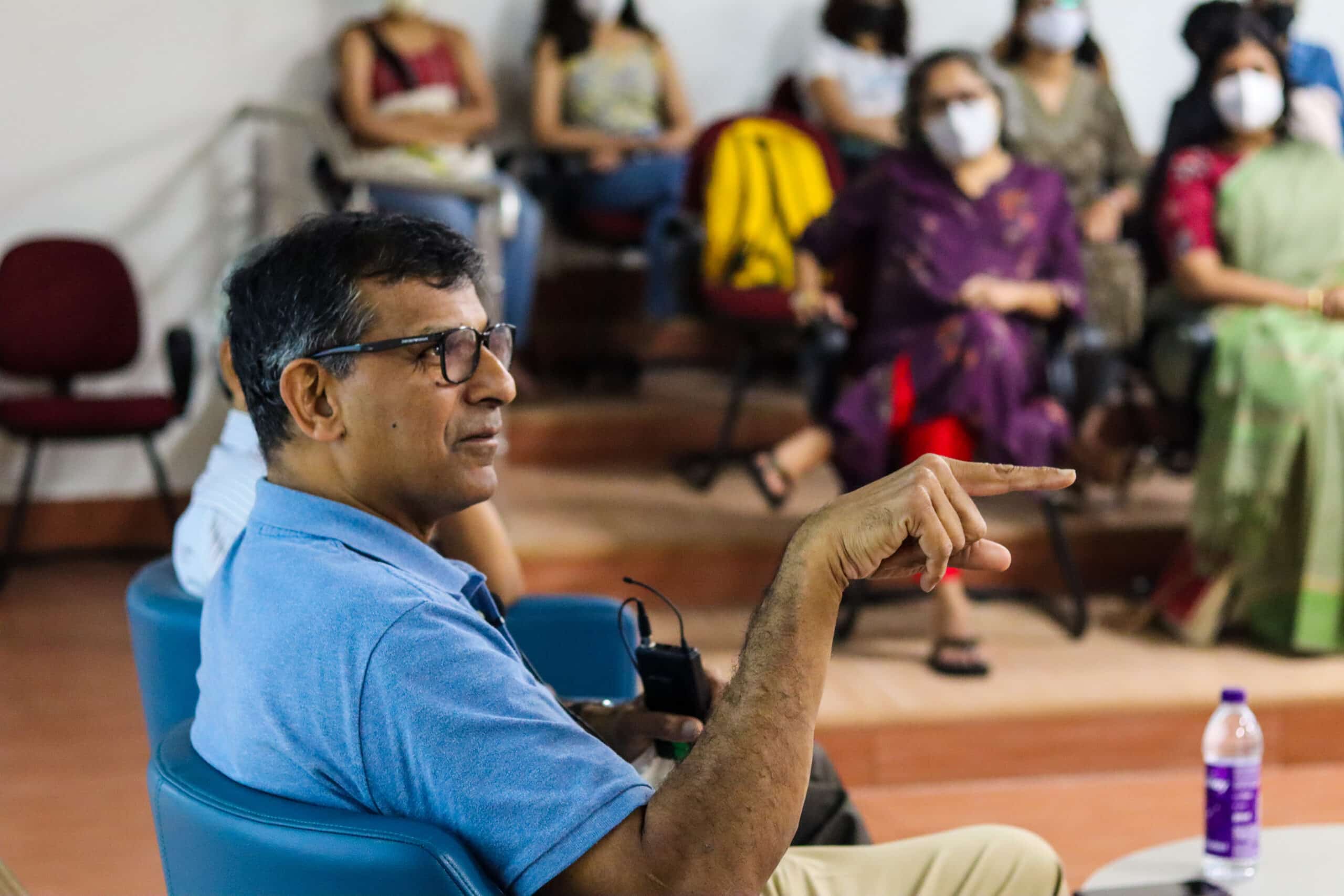
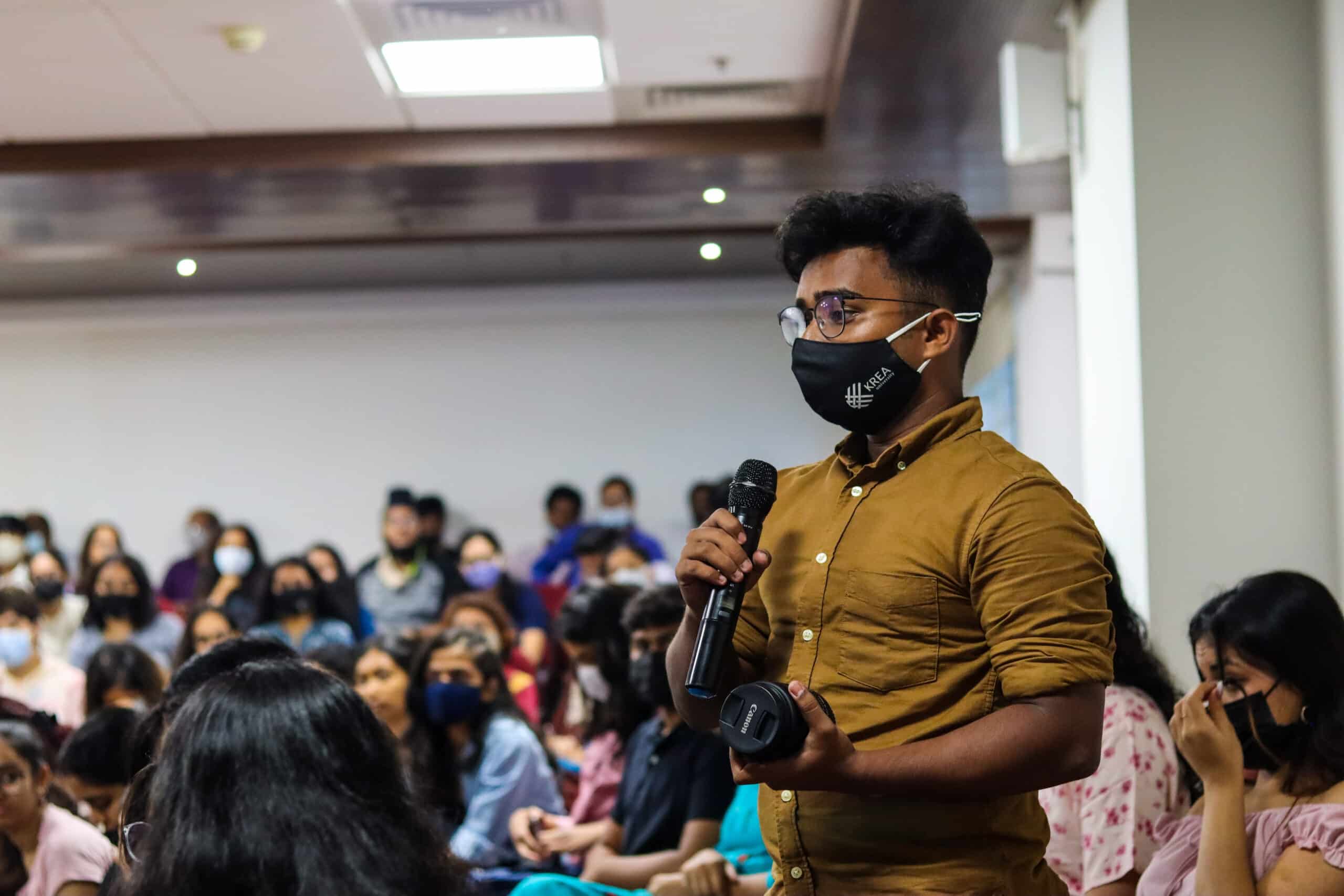
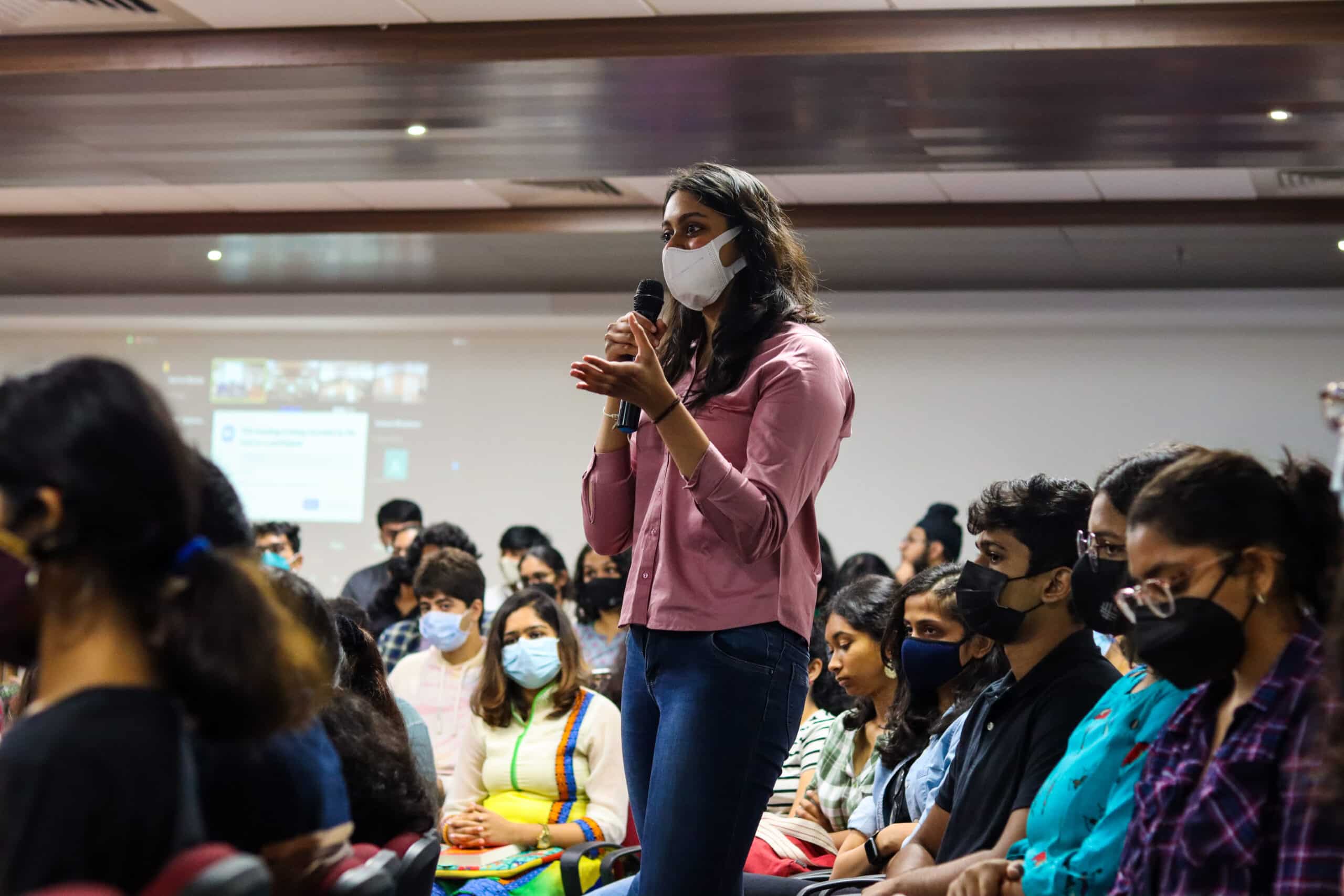
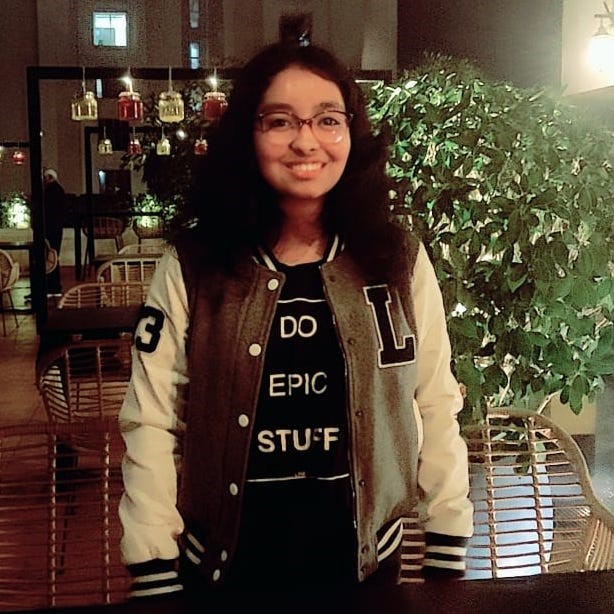
![The 7-35-25 CON[EU]NDRUM: Looking at the CAI deal The 7-35-25 CON[EU]NDRUM: Looking at the CAI deal](https://www-cdn.krea.edu.in/main/2022/03/pexels-suzy-hazelwood-1098526-1500x720-1-781x512.jpg)
